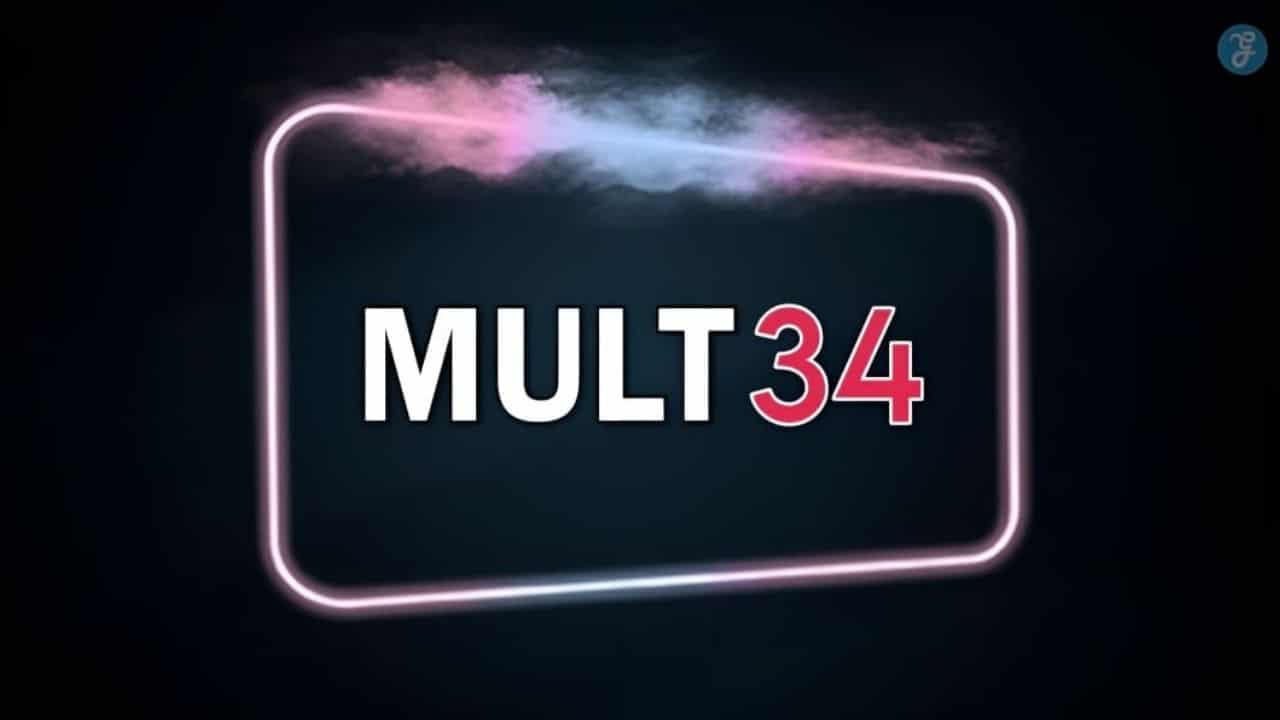Listen to Podcast:
When it comes to writing a good thesis, there’s one thing that all students agree upon quite amicably.
Defining the dissertation scope and delimitation is as important as selecting the topic of the thesis. It needs careful consideration and can take up hours of your time, but eventually prove highly beneficial while writing a thesis.
However, what is it that makes writing a dissertation scope and delimitation so important?
Well, too broad a thesis or dissertation will lead to a broad coverage of the topic that may be too generalized and not address a particular situation or argument. It would not appeal to your audience due to a lack of depth and meaningful insights that could make your paper stand out from others.
And that’s what counts at the end of the day.
Defining your dissertation scope and delimitation is also a great way to tell your audience what they can expect from your paper and what they should not expect.
So here are my pointers on how you can write a dissertation scope and delimitation. But before I go into that, let me redefine them for you.
Both scope and delimitation serve as a lighthouse to the reader. They shed light on the information included in the paper, why you chose this particular set of information, and what you have yet to consider or eliminate as a part of your research so that the study has a well-defined conclusion.
Dissertation Scope
To make it easy, I usually define “Scope” as the extent or depth of your study on a particular question or topic.
Let’s say the scope of your dissertation is “How smartphones have and can influence our lifestyle.” Now, this is a topic that is quite relevant in today’s times, and a well-detailed paper on this topic could help smartphone companies and brands redefine their goals.
But simultaneously, the paper’s scope does not address a specific audience.
Are we talking about our personal or work lifestyle?
Is it addressed to children, students, or adults?
What are the lifestyle aspects we are are we considering for our study?
Will it also focus on the health benefits?
As you see, not defining the scope of your dissertation could lead to ambiguity in the reader’s mind. They may not relate to it, as they would not find any tangible benefits from the study.
In this case, Here, the scope could be defined as “How are smartphones helping college students address their maths math problems? Here, the topic’s questions of how: how what, and who are clearly defined should be answered.
To write a dissertation scope, I recommend answering the following questions.
Why: The purpose of the study.
What: The topic you will be covering covers.
Where: If your study is based on a specific location, detail the same or highlight the data source.
Who: One of the critical questions it needs to address is who is the subject of the dissertation is addressed who is the subject of the dissertation and what there are their demographics.
How: How The way in which the research will be conducted and presented. (The tools used for the research and whether it will be presented as a case study, white paper, etc.).
Dissertation Delimitation
A delimitation is a great way to narrow down the scope of your dissertation and pre-define the areas you will exclude from your paper. In addition, Additionally, it helps the reader understand what they should not be looking for in the paper and the limitations of your study.
You can also use it to explain the procedures and methods you have used in your study.
You can use keywords in your paper to explain the delimitations: objectives, research questions, the research variables, the study’s demographics, and size, and techniques and tools used to analyze the data.
As a writer, I suggest you define the delimitations before you start working on the paper itself. It will save you hours of unneeded and unhelpful research that could end up frustrating and confusing you.
Let me illustrate this for you with an example. For example, if you are presenting a paper on the effects of mobile phones on today’s generation, you could focus it on a specific age group, 9 to 14-year-olds. By limiting yourself to this age group, you could present a broader perspective on how it affects their studies, playtime, relationship with elders & peers, etc.
Put them up front in the paper so the reader knows what he should not expect. You can sometimes avoid specific topics or fields of study from the paper itself due to your lack of expertise or interest in that subject matter.
This should not be considered a negative trait but more of a positive one due to your discipline in focusing more on the task at hand and what you are passionate about rather than wasting your and your audience’s time on something that you may not obviously be able to present to the best of your ability.
The end result of setting up a proper delimitation will be a paper of higher quality and thought that would meet the expectations of your reviewers and audiences.
Setting a Scope and Delimitation
As a writer, one thing you need to must remember is that setting the scope and delimitation of your dissertation helps you envision a clear path to thesis completion entirely in your hands. Do not let anyone advise you on it or define it for you. Instead, if there are any factors you would like to be more comfortable with, discuss them with your mentor or professor and let them assist you with the scope while ensuring it meets all the academic requirements set by the institution.
More importantly, take time before you start your paper to do some pre-research on the topic and explore the path you would like want to follow and how you would like to want to present the same. This preliminary study will also help you define your dissertation scope and delimitations and save you substantial time in completing your paper.
Happy Writing!












































